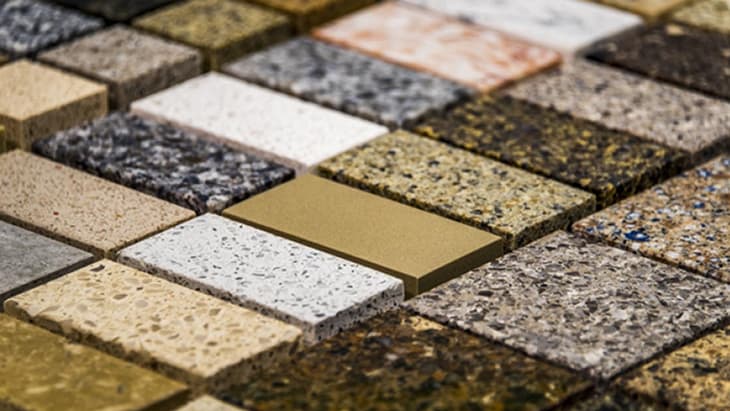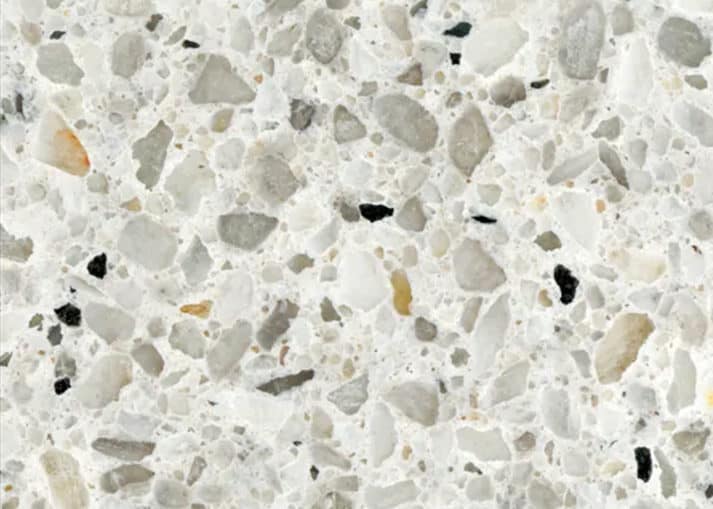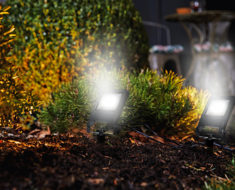
Source: https://googleusercontent.com
You have read about the benefits of installing a countertop in the kitchen and/or in the bathroom. Adding a countertop gives you more space to store things, such as pots and pans in the kitchen and toiletries in the bathroom. A countertop will enhance the aesthetic appeal of the room where you decide to install the home accessory. In the kitchen, a countertop increases the room you have to prepare meals and in the bathroom, a countertop can be used to place decorative art pieces. All of the benefits add up to the greatest benefit of all.
Installing a countertop will increase the value of your home.
The question is not whether to add a countertop, but instead, should the countertop be constructed with natural stone or engineered stone.
Natural Stone Vs Engineered Quartz Countertop: Which One is Better?
You have two categories from which to choose a countertop material: Engineered stone and natural stone. For the engineered stone material category, we will review the pros and cons of quartz.

Source: https://www.lustroitaliano.com
Pros and Cons of Engineered Quartz
Simply referred to as quartz, engineered quartz is manufactured by using 93% quartz and seven percent of a binding polymer resin. The use of a binding polymer resin allows manufacturers to produce a wide variety of colors and patterns. Visit polychemistry.com to learn more about the polymer manufacturing process.
Pros:
Yes, the surface is hard for an engineered quartz countertop. If you can avoid making contact with a quartz countertop, then you will benefit from the rugged durability delivered by the hard surface. Engineered quartz countertops are ideal for homeowners that plan to use the countertops for preparing and cooking meals. The dent and scratch resistant surface prevents errant knives from diminishing the visual appeal of engineered quartz countertops.
Because of the binding polymer resins, a quartz countertop will give you a seemingly endless number of design options. This means you can keep the current design of your kitchen and search for an engineered quartz countertop that matches the décor of the kitchen. Because it is non-porous, engineered quartz does a great job of preventing spills from diminishing the appearance of the countertop. Spill absorption makes a quartz countertop a great option for homeowners that do not want to spend much time maintaining the kitchen and/or bathroom accessory.
Cons:
Make no mistake: quartz delivers a hard surface. However, the hard surface makes a quartz countertop a painful kitchen or bathroom accessory to make contact. Another concern for using engineered quartz pertains to the binding polymer resins, which after an extended period can become discolored. The resins can also become discolored when exposed to high heat sources.

Source: https://crdms.images.consumerreports.org
Pros and Cons of Natural Stone
Unlike engineered quartz, natural stone is not a monolithic category that delivers the same advantages and disadvantages for different types of natural stones. However, we can draw several general conclusions about natural stone to give us a solid foundation for comparing natural stone vs engineered quartz countertops.
Here is a shortlist of natural stone countertop options:
- Granite
- Marble
- Soapstone
- Travertine
- Quartzite
Pros:
The first thing you will notice about a natural stone countertop is the elegant beauty it presents, especially if the natural stone countertop is designed and constructed with either marble or with granite. Instead of being an accessory in a kitchen or a bathroom, the stunningly beautiful appearance of a natural stone countertop can make the countertop become the décor focus of a kitchen or a bathroom.
You will need to seal a natural stone countertop to prevent spills from soaking into the core of the countertop. If you seal it properly, a natural stone countertop can last for decades to come. Natural stones typically offer a wide variety of appearances to give you the ultimate in design flexibility for the kitchen and/or the bathroom.
Cons:
Considered much more vulnerable to strong impacts when compared to engineered quartz, natural stone countertops do not withstand the punishment delivered by an active kitchen. Natural stone countertops are better used for entertaining guests than chopping and dicing vegetables. Naturally porous, natural stone countertops absorb liquid spills. This means a gradual deterioration of the material over a prolonged period. Moreover, you have to seal a natural stone countertop at least one time per year.
Which Material Wins the Battle?
Deciding on whether to go with a natural stone or an engineered countertop often will come down to how you plan to use the countertop. If you want to add a kitchen feature that presents a visually appealing appearance, then a natural stone countertop is the way to go. For aspiring chefs that will use a countertop as the place to prepare and cook meals, then you should consider installing an engineered quartz countertop. Above all, you have to factor in price, as natural stone countertop typically cost more to install than the cost of an engineered quartz countertop.









































